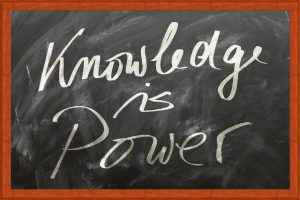It’s the What happened conversation!
Has this ever happened to you? You are talking and sharing different ideas during a meeting, or with family or friends, when suddenly people are getting mad, opinions get louder and harsh words may be exchanged. You are left scratching our head asking, ”Like what just happened?”

You are not alone in this elusive question. Difficult conversations occur all the time. Most of us are able to navigate these conflicts and yet sometimes there are underlying issues that come into play and affect the outcome and the ability to feel heard or be heard.
There are three types of difficult conversations. From the book, Difficult Conversations; How to Discuss What Matters Most, by Douglas Stone, Bruce Patton and Shelia Heen, we need to be aware of the space between our words and feelings.
There is the “What Happened?” Conversation” which is the blame game. Who did what to whom, who is right and who is wrong. Intent, action and affect. Be curious.
There is the “Feelings Conversation” speaking up may hurt someone’s feelings, my feelings are hurt, repression of feelings is not helpful but we all do it.
There is the “Identity Conversation” How we feel about ourselves in this situation, our self-image may feel threatened, sense of worth and self-esteem has been affected which of course has tremendous impact on how and what we say or react in this conversation.
The idea is to be aware of what triggers may be happening for you and the other person(s) involved. I look at it this way, we have no idea what is happening for someone else. Everyone has their own Life Lens or Map of Reality in life. Our implicit memories. We are who we are from our experiences and sometimes these very experiences even from years ago can be triggered during a difficult conversation.
I can recognize fairly quickly a difficult conversation and what might be happening, the triggers or implicit wounds. Other times it is like a boat is a storm of emotions trying to find a safe way to navigate the hurt feelings and old wounds. Being patient, asking questions to help the other person find their own way in the conversation to be and feel heard, to be and feel validated and to responds in a respectful manner.

Having that inner dialogue with yourself in asking ‘what is going on for me? Why is this making me so angry, sad, frustrated, distrustful? These questions can build bridges of understanding. Not always quickly, at least it is a starting point to continue the conversation. And my friends there is nothing wrong with saying ‘I am sorry you feel that way.’ ‘ I did not know about this… or that….’ It is always better to take a break and return a conversation when parties are more centered and calm. We learn in a difficult conversation and misunderstandings.
People can have difficult conversations and completely opposing views yet still remain respectful and kind in the discussion. It is not what you say but how you say it.
